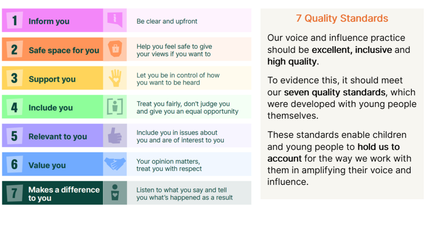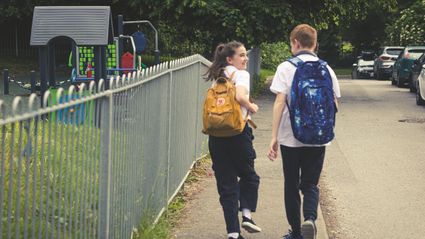SENDIASS
SENDIASS stands for Special Educational Needs and Disabilities Information, Advice, Support Service. This means we can give you information, advice and support on education related topics.
Our service is free, impartial and confidential.

If you feel you need to contact SENDIASS for information, advice or support, click the tab labelled ‘Local SENDIASS’ at the top of this page and choose your area. Each SENDIAS service has a different way to be contacted, and you need to contact the SENDIAS service for the area you live in.
If your area is not listed within our website, you can find out who holds the SENDIAS service for your area by clicking this link:
You become a young person when you reach the end of year 11.
Under the children and families act 2014, you become a young person when you reach the end of compulsory school age. This is the last Friday in June of the academic year in which you turn 16.
Even though you have turned 16 and reached the end of compulsory school age, you are expected to remain in education or training until you are 18 years old.
Within this section of our website, we have detailed some information we think you may need throughout your journey as a young person. If there is anything missing or you would like to know more about a certain topic, feel free to contact your local SENDIASS and we will be happy to help!
SEND stands for Special Educational Needs and Disabilities.
It refers to learning difficulties or disabilities that make it harder for children and young people to learn compared to others their age.
SEN support is help provided in school or college for young people with special needs.
If you’re:
Every school or college has someone responsible for SEND support:
You and your parents/carers should meet the SENco at least 3 times a year.
This helps everyone see:

If you have SEN, your school should give you extra help so you can do well and feel supported in your learning.

An EHCP is a legal document. It tells people about: Your needs, Your support and your goal

Transitioning between educational settings can be a difficult time.

This information is for young people with SEND aged 16 to 25

Mediation is a meeting to help solve disagreements

A complaint is when you tell someone that you’re unhappy or upset about something because you think something is wrong or unfair.

A Personal Budget is money that can help pay for the support you need if you have an Education, Health and Care Plan (EHCP).

If you have SEND (special educational needs or disabilities), you might be more likely to be suspended or excluded from school

You may want to make an appeal for various different reasons
Easy Read Government Plan for SEND and Alternative Provision
How the government plans to improve services for young people in England:
SEND Improvement Plan – Easy Read PDF
Guide to the Law for Children and Young People with SEND
A simplified guide to the laws around SEND:
Mencap’s Guide to SEN Law (PDF)